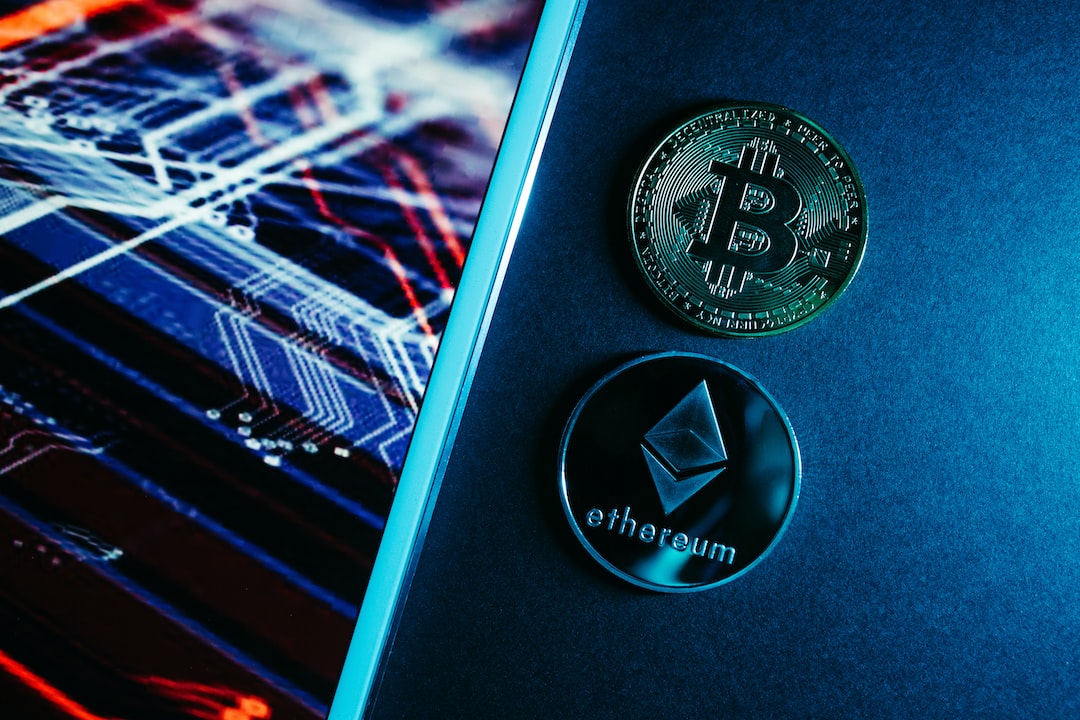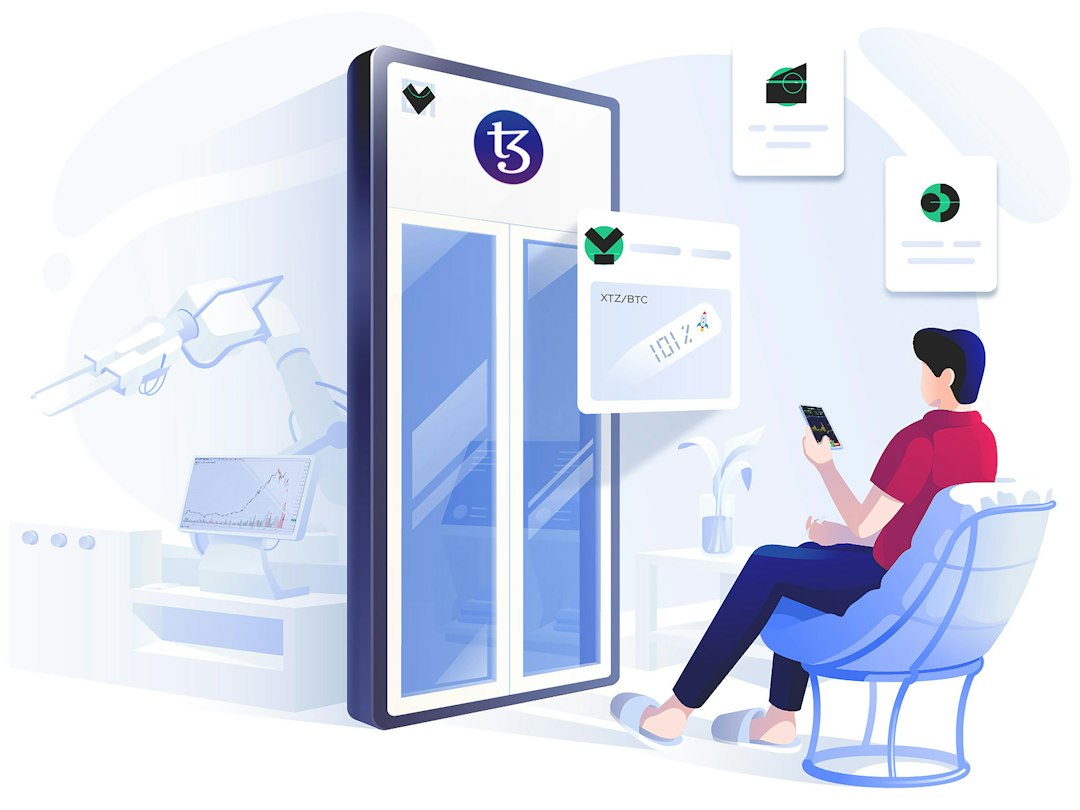Interoperability in gaming, which allows for assets to be transferred from one game to another, has been a topic of debate within the gaming industry. Some believe that NFTs (non-fungible tokens) could be the solution, as they can represent unique items or assets that can be used across games and decentralized apps. However, there are challenges to achieving true interoperability.
One major challenge is the lack of tech standards and widespread adoption within the industry. In order for assets to be easily transferable, there needs to be agreement on file types and how those file types are built into architecture. While some companies create standards, they often don’t release them to the public. One example is the FBX file type, which is widely used in game development but lacks a standard skeleton design.
To address this issue, efforts are being made to establish industry-wide cooperation and develop open-source file types that enable interoperability. The Metaverse Standards Forum, launched in 2022, aims to foster interoperability for an open and inclusive metaverse. The organization has created dialogue among the standards development community and has launched a pilot program for a public database of standardization.
In addition to these efforts, smaller games and Web3 startups are experimenting with interoperability. For example, Ready Player Me provides an end-to-end character system that allows avatars to travel across titles using the glTF standard. Crucible Network’s Emergence SDK equips developers with tools for interoperability based on the VRM standard.
While smaller developers have embraced interoperability, the goal is to get AAA games onboard to drive widespread adoption. Major players in the industry may be hesitant to adopt interoperability if their current closed models continue to generate revenue. However, convincing them of the potential benefits and monetization opportunities could lead to mainstream adoption of interoperable gaming experiences.
Hot Take: Achieving true interoperability in gaming is a complex challenge that requires tech standards and widespread adoption. While NFTs offer a potential solution, there are still obstacles to overcome. Efforts are being made by organizations like the Metaverse Standards Forum to establish industry-wide cooperation and develop open-source file types. Smaller games and startups are also experimenting with interoperability, but the ultimate goal is to get AAA games onboard. Convincing major players of the benefits and monetization opportunities could lead to widespread adoption of interoperable gaming experiences in the future.





 By
By

 By
By
 By
By
 By
By